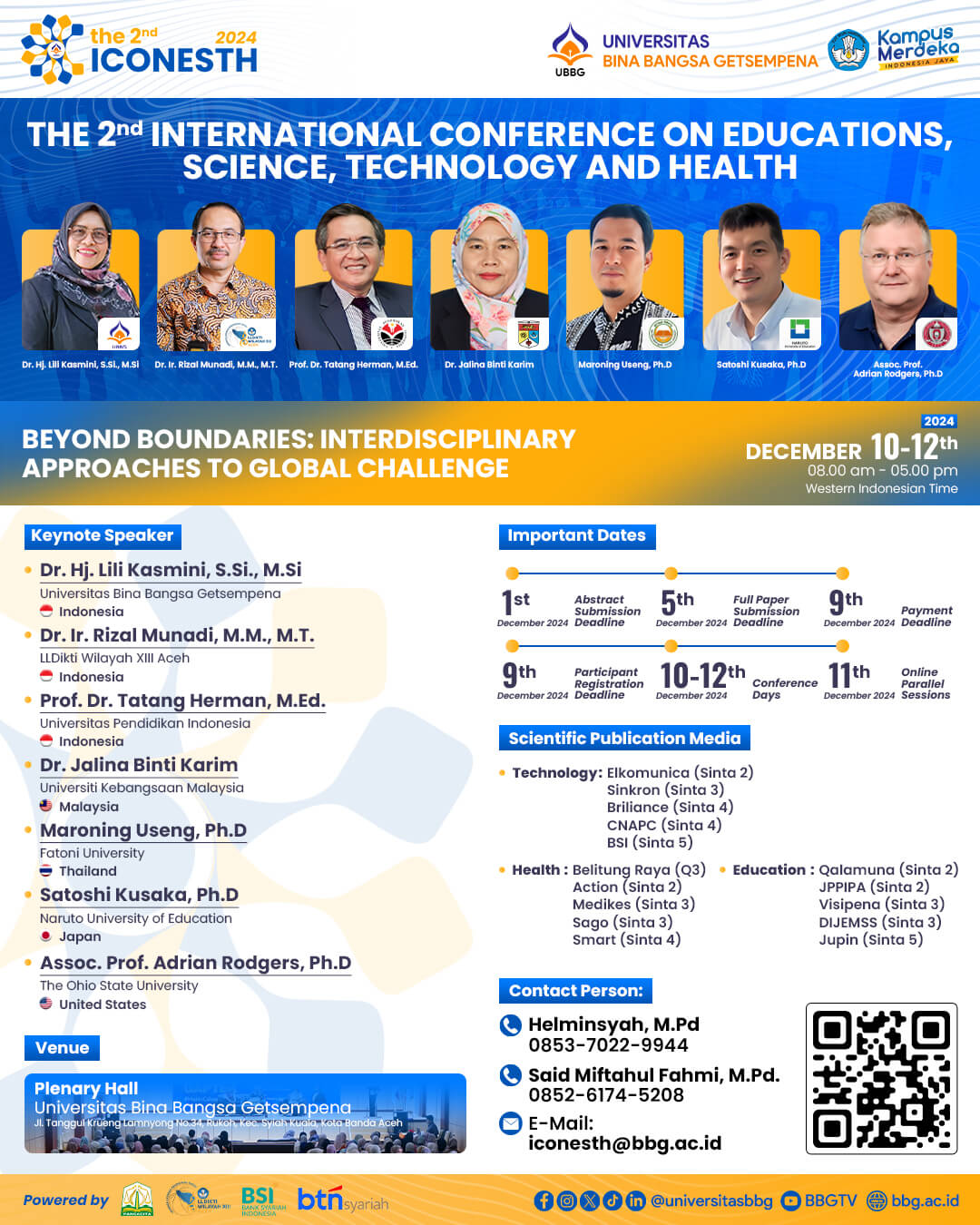PROFILING STUDENTS’ SELF-REGULATION IN SCIENCE LEARNING AMONG MIDDLE SCHOOL STUDENTS IN URBAN AREAS
Abstract
Students often face challenges in studying science due to the need to independently absorb and process large amounts of knowledge. To address this, developing students' ability to control and monitor their learning independently is essential. This study investigates self-regulation in science learning among middle school students in urban areas through a quantitative survey-based approach. A 27-item self-regulation questionnaire with a 5-point Likert-type response format was administered to 139 students in Jakarta and West Java, with 64% from grade 7 and 36% from grade 8. The questionnaire demonstrated high reliability (Cronbach’s Alpha = 0.995) and validity. Descriptive statistics revealed that 26.62% of students exhibit Very High self-regulation, 58.99% High, and 14.39% Moderate. These findings indicate that urban middle school students possess well-developed self-regulatory abilities, which can significantly enhance their science learning outcomes. This study contributes to the understanding of self-regulation in science education, providing a foundation for educators and policymakers to design targeted strategies that strengthen self-regulated learning. Future research could explore its impact across different educational settings or evaluate interventions to improve specific aspects of self-regulation in science learning.









